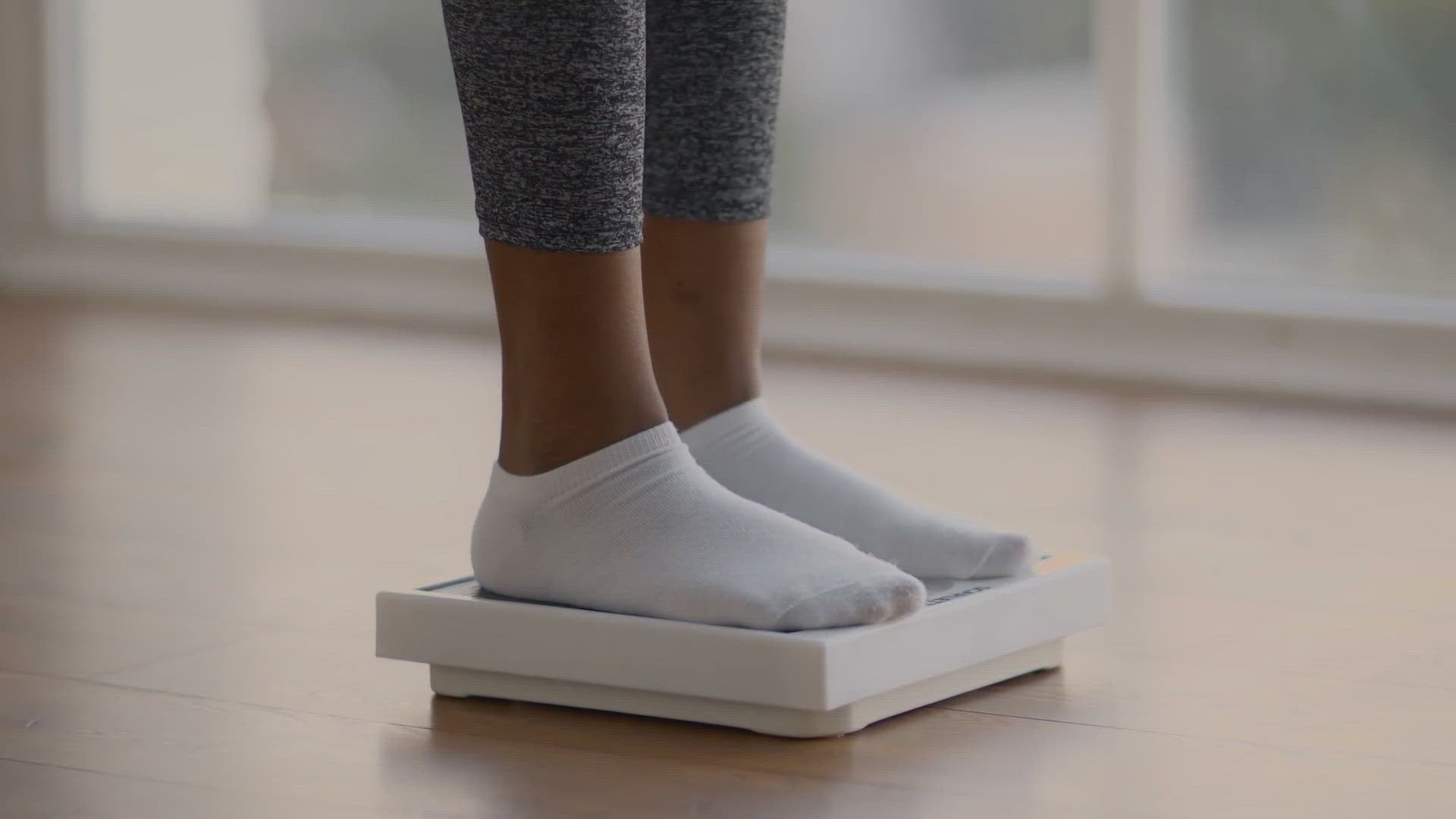SAN ANTONIO — Increasing numbers of weight loss experts are weighing in on the wide variety of medications now available. Patients need to consider their best option, and know that these meds have serious side effects.
About one out of eight U.S. adults have used a GLP-1 agonist, like Ozempic, at some point in their life, and half of them, or more than 15 million people are currently using one. But they don't work for everyone.
Dr. Suzanne Cuda, a fellow of the American Academy of Pediatrics and a diplomat for the American Board of Obesity Medicine told us, "Even if the medications are primarily working to decrease appetite or make you feel full, that is not necessarily what some patients need."
Some of the severe, but rare GLP-1 side effects include the development of pancreatitis, thyroid cancer, acute kidney injury, and worsening diabetes-related retinopathy.
Dr. Cuda added, "I don't think you should do very much to yourself for cosmetic reasons, that has significant risk associated with it in general."
Medically, that is a different story. A study published in the National Library of Medicine look at 14 articles about GLP-1s. They determined the GLP-1 receptor was effective in reducing the risk of cardiovascular mortality, myocardial infarction, and stroke. The risk of a major adverse cardiovascular event was cut 12 to 14 percent when compared to a placebo.
Dr. Cuda says not to make any changes to diet or lifestyle before talking with your doctor first.
She told us, "Unless you have a medical professional helping you with that, how are you going to know you're not you're not really going to know what your status is, either before you started or during the treatment or after?"
The Cleveland Clinic has a bevy of information about the risks of GLP-1s, the benefits, and anything else you'd need to know about them.

